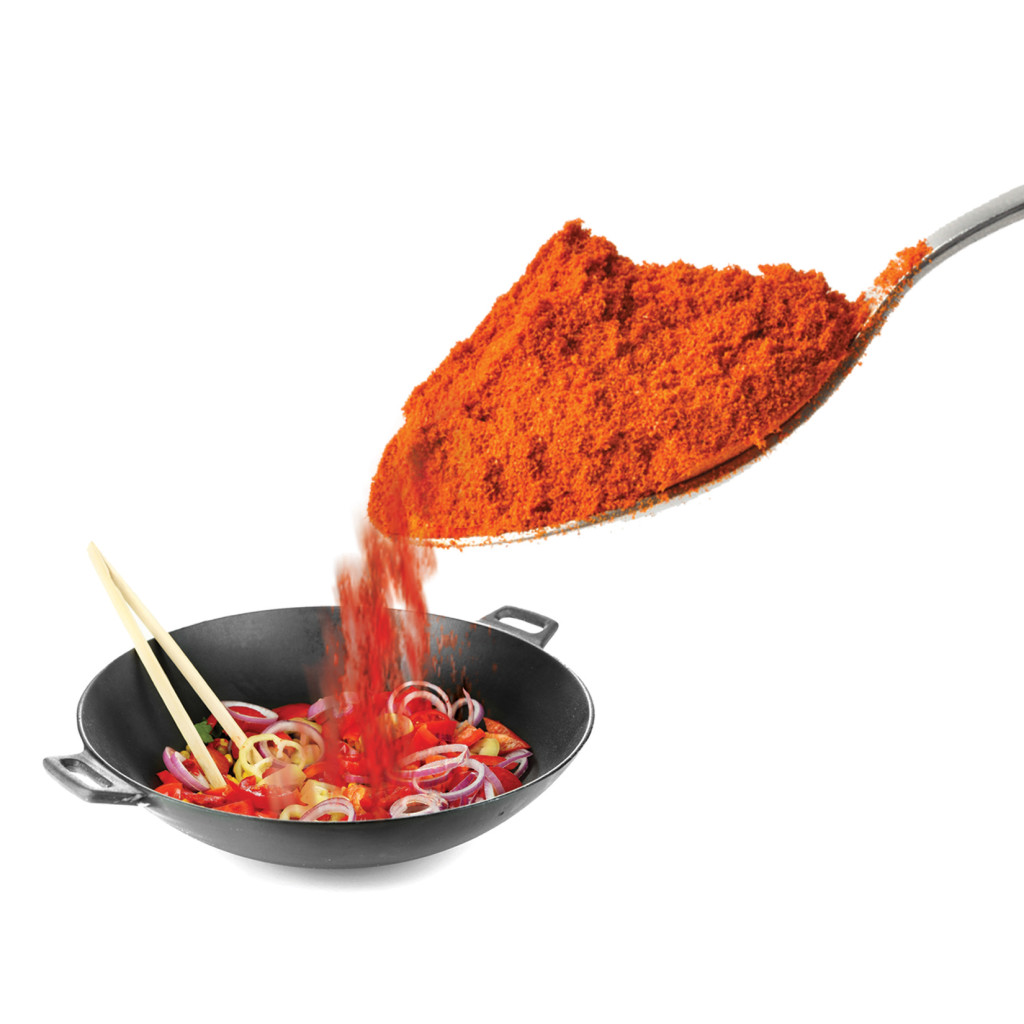My father was a bit of a joker when I was a kid. “They’re coming to get you!” he’d say at the sound of police sirens in the distance. I developed a Pavlovian response to law enforcement and an excessive respect for authority as a result of his chiding. A look back on all of the ways I could have rebelled but didn’t is a glimpse into my misspent youth.
Read More
The prevalence of homonyms in the English language is significant, almost as if homonyms were some deliberate linguistic choice designed to frustrate native speakers and secondary language students alike. A piece of peace, the imminent capital in the eminent capitol, a man you meet seen whining at a wine and meat scene. For those unfamiliar with the subtleties of the English vocabulary, it can be enough to make you bang your head against the wall.
Read More
Happy springtime, everyone! The Ninja’s back, and answering more burning language usage questions. Let’s get crackin’!
Q: What is the difference between “further” and “farther?” Is there any real difference?
A: To answer both your questions succinctly: The existence of physical distance, and sort of.
Read More
31 Mar 2015
A Case for Keeping It Real
Epic fail.
Literally the best.
The most amazing.
The absolute worst.
These superlative descriptions are best reserved for, respectively, the sinking of the Titanic, invention of the wheel, the Great Pyramid of Giza and the 1918 flu pandemic.
Today, it’s hard to know where you stand when something as minor as burnt toast can be considered an epic fail, or a particularly good burger becomes literally the best thing ever. An affliction of modern discourse is our penchant for exaggeration. Having been a vegetarian for seventeen years, to me there are few foods that come close to the glory that is a nice thick juicy burger. But let’s not get carried away; I’ve had ups and downs, but my life would be pretty grim if a hunk of ground beef was literally the best thing ever.
Read More
Envision a gothic fantasy tale, with a blood-sucking horror sitting at a piano. His cold, pale hands dance over the white, glistening keys of the ancient instrument as his haggard, wet breath exits his chest in a tremendous gray cloud of cold, damp vapor.
Your skin may have crawled a little while reading that, but not because the tremendous number of descriptors painted a vivid picture in your mind. In fact, you may have even been distracted by how many words were used to say something so simple. This is an example of the danger of over-reliance on adjectives in your descriptions.
Read More
17 Mar 2015
Is It Libel, or Just Free Speech?
It may not have escaped your notice that Americans like to sue each other. One of our great modern thinkers, “Weird Al” Yankovic, even wrote a song about it (in part: “I’ll sue ya, I’ll take all your money / I’ll sue ya, if you even look at me funny!”). One thing that really gets our litigious juices going is when someone says nasty things about us, either in speech or in print. Yes, today’s topic is libel and slander (mostly libel, though; more on the difference later). If you are a writer who writes about real people, it’s something you should keep in mind.
Read More
Welcome to another edition of Questions for a Language Ninja, where the Ninja explores common grammar and usage issues that, hopefully, at least one other person will find important. Let’s get going!
Q: Why is it that common expressions like “cheer up,” “clean up,” “mess up,” “calm down,” and “make up” don’t have an opposite adverb equivalent? Shouldn’t we be able to logically say “clean down?”
A: We should, and we would – if English language usage was governed entirely by logic. Alas, it is not.
Read More
Advertising, like language, is no modern phenomenon. Today, we’re so overburdened with ads that advertising has garnered a negative connotation. “Ugh, how can we get ads off of Facebook?” or “Why can’t they skip the ads before the movie starts?” are common 21st century woes.
Read More
A time-honored practice in writing is…let’s call it “borrowing.” You see someone else’s clever turn of phrase, a few words that perfectly describe what you’re trying to convey, a zinger pun, and you decide to use it in your own writing. Maybe you change the words around to fit your situation, or maybe you don’t, but it’s just harmless borrowing, right?
But borrowing can be a bit like eating Girl Scout cookies. Just a couple, you think, or maybe a few more—dang, those Samoas are good!—and pretty soon the whole box is gone.
Read More
17 Feb 2015
Questions for a Language Ninja: Me, Myself or I?
The Language Ninja is hoping you are having a splendid middle-of-February, and that your Valentine’s Day was a wonderful celebration of affection between you and the one you love most. For the Ninja, it was a day largely spent weeping. Let’s get started!
Q: When is it appropriate to use “I,” “me,” or “myself” in a sentence?
A: If you are an elected official giving a press conference or a director of marketing giving a presentation, it is mandatory that you use “myself” in any instance you might possibly be tempted to use “me” or “I.” No, it isn’t “correct;” it just makes you sound important.











